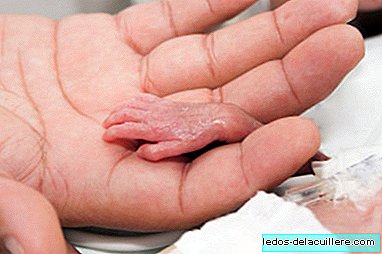
There is great concern in the scientific community regarding the resistance of bacteria to antibiotics, so much so that it has been considered as one of the most important public health threats worldwide.
Now, breast milk that has proven to have great benefits at all levels seems to be key in this fight. A recent study has found that a protein present in breast milk could kill drug-resistant bacteria.
Previous studies based on investigating how breast milk helps fight infections in babies, set the standard for further research in that regard. They found that the key is in a protein called lactoferrin, capable of destroying a wide range of harmful bacteria, fungi and viruses.
A team of scientists from the National Physics Laboratory of the United Kingdom and University College London, delved into the investigation of the properties of this protein and found surprising benefits.
They found fit kill bacteria almost instantly through the perforation holes in your cell membrane. The speed at which it does prevents them from responding to the attack by building defenses, and all this without harming human cells, which demonstrates how powerful it can result in the fight against bacteria's resistance to medications.
Although new research is still needed, they believe it is a great discovery that opens the way to the creation of new drugs to fight against calls superbacteria. Some suggest that it is necessary to develop at least 10 new antibiotics every decade to stay ahead of the rapid evolution of microorganisms.












